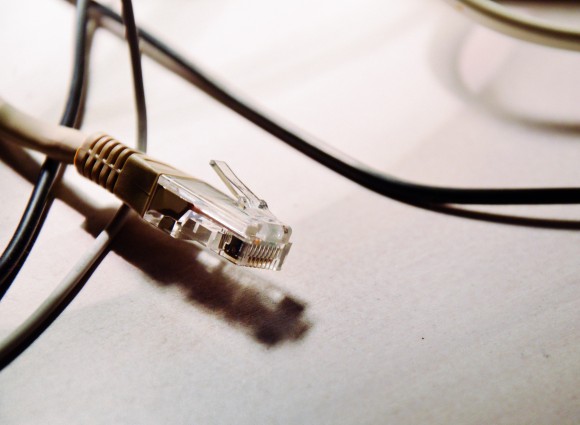Net Neutrality – The Fight is Far From Over
If you’re accustomed to riding the busy freeway on your way to work and back home again, you can probably appreciate the “fast lane” or multiple passing lanes that allow you to reach your destination faster. However, take a second and imagine that the “fast lane” is only reserved for drivers that conform to some conditions.
Imagine if the local road commission makes a deal with an auto manufacturer prohibiting the use of any cars on the faster passing lanes, unless that car is a specific make and model. The auto manufacturer is motivated to pay the road commission a hefty fee for this service and to make matters worse for consumers, that cost is gradually going to be passed on to the total price of their cars. As a county resident, you’re stuck with an unpleasant decision: let the road commission dictate what auto manufacturer you must purchase from OR endure the daily drive in 1-2 freeway lanes that may move at a snail’s pace.

Seem a bit ridiculous? Of course it is. But this isn’t too different from the current concept of “Net Neutrality” that consumer advocates have been buzzing about. In the previous example replace the freeway lanes with ‘internet pipes’ and bandwidth, replace the road commission with internet service providers (ISP’s), and then replace Ford with a popular service such as Netflix.
What is Net Neutrality?
Put into simple terms, “Net Neutrality” is the belief that ISP’s should promote an “open internet” and cannot deliberately throttle or block access to less favorable or more resource intensive websites and services. We previously discussed the concept of bandwidth speed and limitations in 2015 and touched on the new Net Neutrality consumer rights that the FCC recently implemented.

In short, ISP’s are slowing the rate of traffic for specific, bandwidth intensive services. Companies, such as Netflix, were solicited to pay a substantial fee for these restrictions to be released or the ISP’s customers could be subjected to degraded performance when using that specific website and service. This practice was forbidden by the FCC and ISP’s are no longer legally permitted to discriminate between online sources and intentionally alter the speed of data transfer. Per USA Today, over 4 million people had filed complaints in protest of ISP’s throttling practices and, apparently, the FCC listened.
Sounds like a victory! What’s the problem?
ISP’s seem to have found a loophole: Sponsored Data Programs. Verizon and AT&T are currently offering these programs to their customers, and although they slightly differ from another, both programs have their similarities.
The programs set a cap on your monthly transfer, but then make deals on the back-end with popular services like Netflix. So if Netflix agrees to pay Verizon or AT&T’s fees, the carriers’ customers will not have Netflix activities counted against their monthly cap. BUT if Netflix doesn’t pay up, each time you pull up a “Netflix Original” that data might quickly eat through your monthly transfer allotment.
Service providers often promote these arrangements as special features and their own platforms that deliver music or video are then freely provided without any impact to the monthly transfer caps. However, critics and Net Neutrality contenders argue that this violates the very core of equal treatment for all sites and services on the internet. They claim that carriers have too much control and can selectively encourage users to choose certain services and abandon others.
Because a company like Netflix is globally popular as a streaming service and demanded by millions, it is heavily pressured to pay the carrier’s fees and prevent Verizon and AT&T users from being penalized and disappointed. In the long-term, this contributes to driving up the price of the Netflix service for all users. These programs could also discourage competition and innovation, since a new-comer in the streaming space would be forced to tack on substantial carrier fees to its expense column.
What can I do about this?
Some carriers (e.g. T-Mobile) permit you to opt-out of the sponsored data program. You can help send carriers a message and opt-out (when possible), but keep in mind this could result in additional services being counted against your monthly cap. So, be aware: You may pay a price for this decision.
A “Sponsored Data” awareness article was released last month by Eric Ravenscraft of Lifehacker encouraging people to file a complaint with the FCC. It will likely take a large number of complaints to draw an FCC investigation toward sponsored data programs, but don’t forget – the original crusaders against net neutrality started off with small numbers as well. Over time, if complaints continue to pile up, the FCC will be compelled to take further action.


.png)
